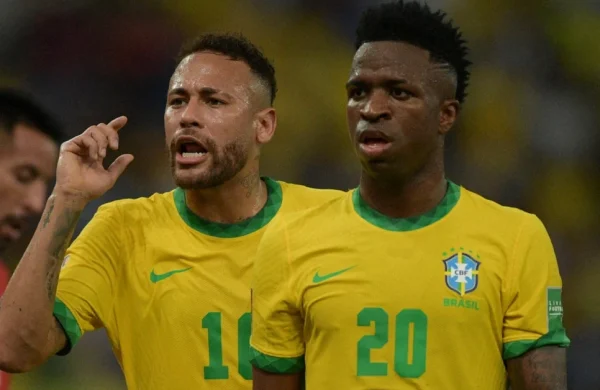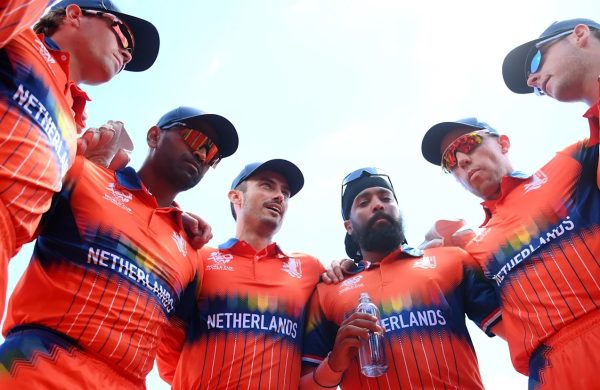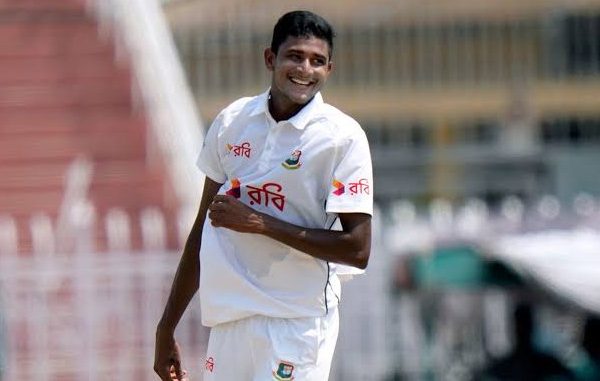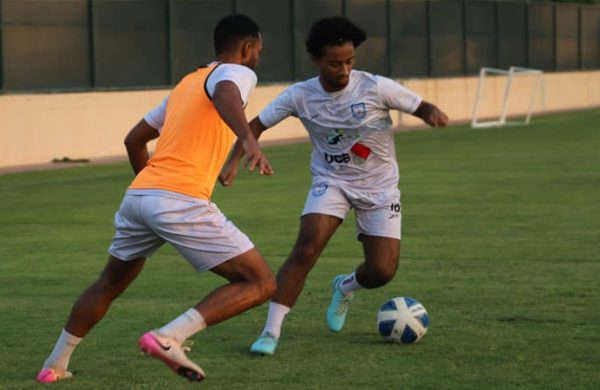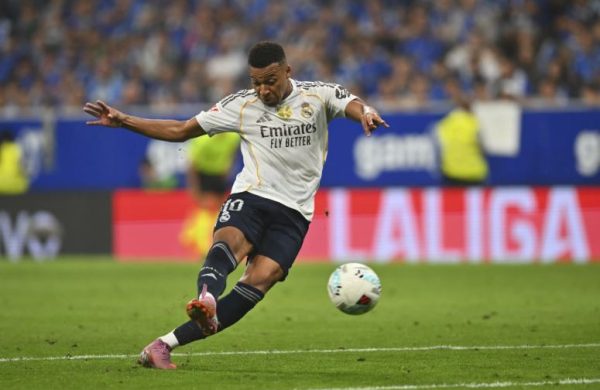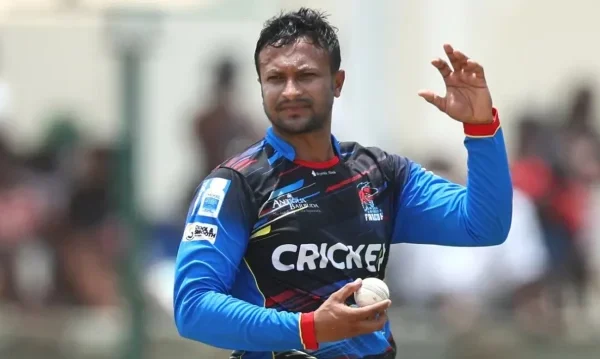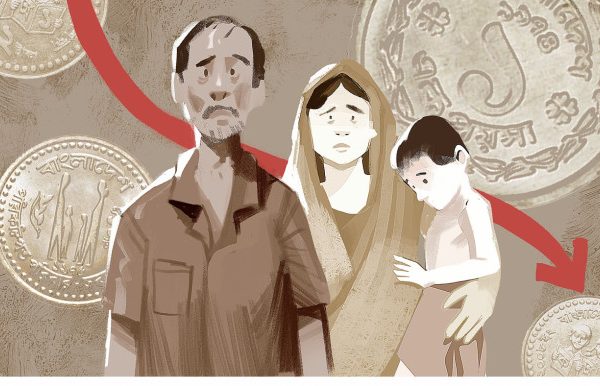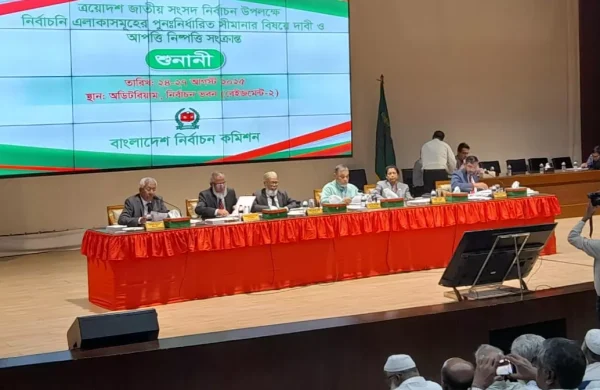Mahmudullah Riyad: The Roberto Baggio of Bangladesh Cricket!
- Update Time : Saturday, October 12, 2024
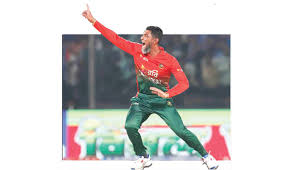
Sports Desk
I vividly remember my first encounter with Mahmudullah Riyad. It was my first time meeting a national team cricketer in person, and I didn’t have any particular expectations—just the excitement of sitting down with the man who had just scored back-to-back centuries in the 2015 ICC World Cup. We were meeting to discuss an exclusive player-agent contract between Mahmudullah and Imago Sports.
I’ll admit, I wasn’t always the biggest fan of Mahmudullah as a cricketer, even after his World Cup heroics. But he won me over in that first meeting when he said, “You should never call yourself my agent, we are partners.”
That simple statement set the tone for our relationship, which over time became more than just a partnership—it grew into a close friendship where cricket often took a back seat. I was fortunate to witness a man who has experienced both the highs and the lows, someone who has weathered the storm and emerged stronger.
I once had a young journalist tell me, almost mockingly, “Bhai, why work with Riyad? Go for Shakib or Mashrafe, you’ll make more money.” He wasn’t wrong, but I’ve earned something far more valuable. We often fail to look beyond Mahmudullah the cricketer; overlooking the contributions he’s made that will have a lasting impact on future generations.
I saw firsthand the depths of his struggle after missing out on scoring two runs from three balls and the journey he took to fight his way back into the World Cup squad. Sports have a way of teaching resilience, and Mahmudullah embodied that lesson.
What stands out the most from my countless conversations with Mahmudullah is his loyalty and integrity towards the team. He has never once shared sensitive information about his team or teammates. Even when I’d comment on an underperforming player, he would protest vigorously. I remember one particular instance when he became visibly upset after I suggested that a certain player should be dropped. Throughout our time together, I don’t believe Mahmudullah has ever leaked any inside information to journalists, which is a testament to his character.
Mahmudullah has always had his share of critics, especially after the infamous ‘Bangalore Tragedy’, when he failed to secure a win with 2 runs to score with 3 balls remaining.
You can’t blame the fans—when you’re a central figure in a moment like that, the consequence is inevitable. But I’ve always felt that Mahmudullah has a powerful story to tell. Failure stories are just as compelling, if not more so, because they teach us so much.
A few days after the 2016 World Cup elimination, I asked him if he regretted hitting Hardik Pandya’s full toss out of the park instead of taking a single. His stubborn reply was, “Given the chance, I’d do the same.” Yet, in the very next moment, I saw tears in his eyes as he lamented, “What have I done? I should’ve finished the match.”
As a sports fan, It was a surreal moment for me— it seemed I was sitting in front of Roberto Baggio after missing his penalty in the World Cup final. I got emotional too but quickly pulled myself together and told him, “Riyad bhai, just imagine what Baggio went through after missing that trophy-defining penalty. Don’t feel bad, you have a story to tell.”
And life gave him that chance for redemption. He orchestrated two unforgettable victories—the one against New Zealand in the 2017 Champions Trophy and the iconic win against Sri Lanka in the Nidahas Trophy in 2018. Then, of course, there is his remarkable comeback in the 2023 World Cup, defying all odds.
I bombarded him with questions about how he made those moments happen. What was going through his mind? How did he move past the failures and come back stronger? But I’ll leave those answers for Mahmudullah to share in his biography. His calm and composed nature sometimes frustrated me. During a rough patch when we were struggling with getting endorsements, I jokingly told him, “Riyad bhai, do something controversial! Have an affair with a film star or at least slap someone on the field.”
He just laughed and responded with his trademark, “Alhamdulillah, no complaints. I’m happy the way I am. I’ll manage without endorsements.”
Maybe Bangladeshi fans will always have some discontent with Mahmudullah for not being able to finish more matches, but even his fiercest critics must admit: you may not like Mahmudullah the cricketer, but it’s impossible not to respect and admire Mahmudullah the person.
As Mahmudullah prepares to close this chapter of his career, I can’t help but reflect on the man I’ve come to know beyond the cricket field—a man whose strength lies not just in his skill with the bat, but in his humility, integrity, and resilience.
In a world obsessed with the spotlight, he taught us that it’s not about being the loudest or the most celebrated, but about staying true to yourself, even when no one is watching.
(The author managed Mahmudullah)


